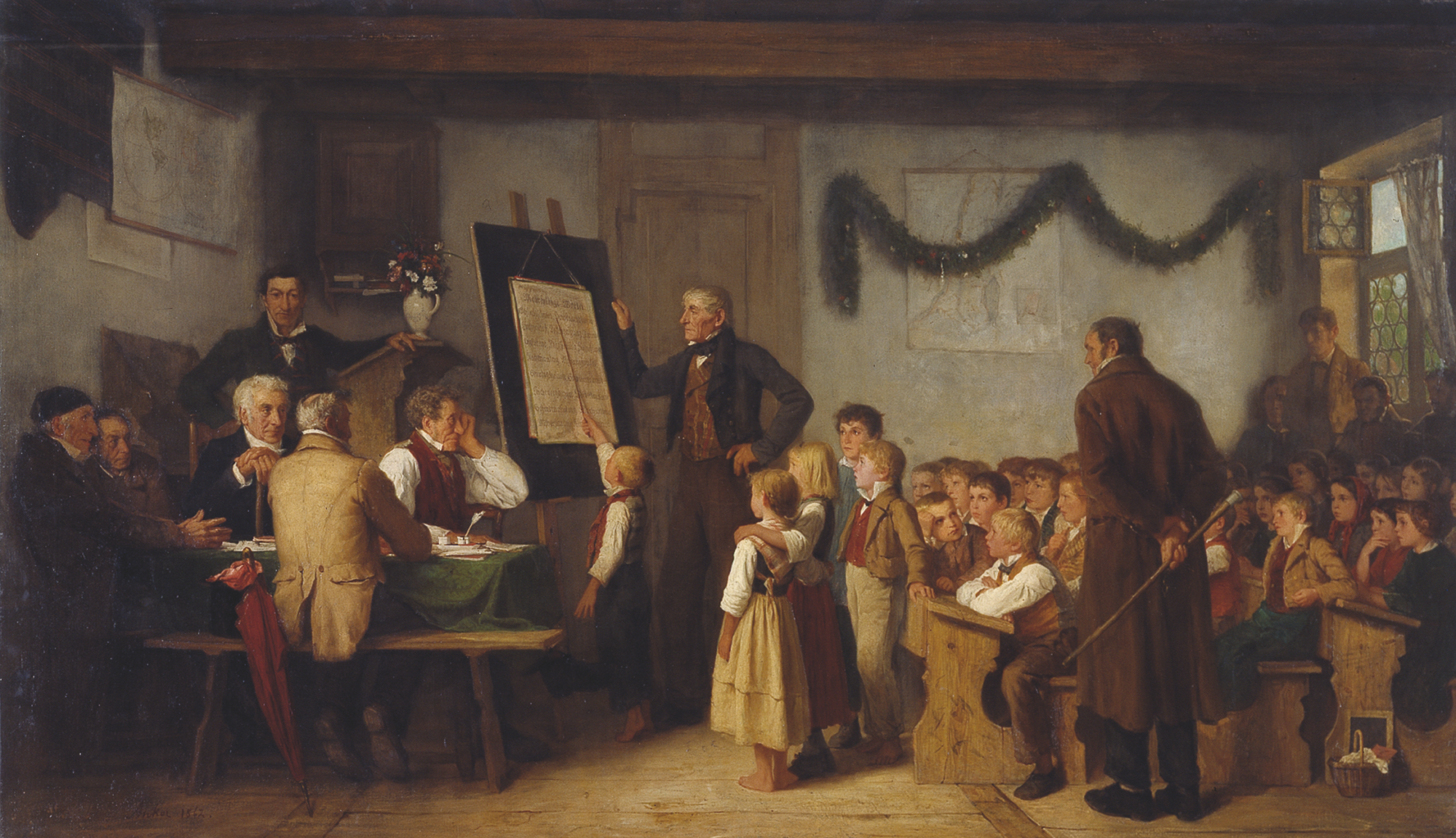Dieser Eintrag ist auf Italienisch verfügbar.
Appel à communications pour le colloque « L’expertise en éducation : savoirs, acteurs, réseaux (France, XIXe-XXIe siècles) », Nancy 27-29 octobre 2026.
Ce colloque fait l’hypothèse qu’une genèse sur le temps long est susceptible d’éclairer les tendances et les conflits actuels portant sur la définition de l’expertise en éducation, ses modalités notamment institutionnelles d’existence et le type de savoirs sur lesquels elle repose. Il s’efforcera de faire droit tout à la fois aux poids des héritages et à la spécificité des conjonctures historiques ; aux voix institutionnelles des « experts » reconnus et mandatés ainsi qu’aux savoirs et individus qui ont de fait été écartés de ce processus ou qui l’ont subi, notamment dans un contexte de « globalisation des mondes de l’éducation » et d’histoire globale voire « décoloniale » de l’éducation. Le cadre de l’étude sera le cas de la France, dans ses relations et ses réseaux internationaux, en particulier européens et/ou (post)coloniaux. Le terme initial correspond à la création d’un État centralisé et prenant en charge à l’échelle du territoire national l’organisation de l’éducation, de la première enfance jusqu’à la formation des maîtres, à l’articulation des XVIIIe et XIXe siècles. Nous souhaitons prolonger l’enquête jusqu’au temps présent, afin de mettre en évidence les phénomènes de permanence ou au contraire de reconfiguration, sur le temps long, en jeu dans le recours à différentes formes d’expertise en éducation.
Les communications pourront s’inscrire dans quatre axes principaux :
1. Savoirs
Il est attendu des propositions s’inscrivant dans cet axe qu’elles s’attachent à reconstituer les processus de construction de légitimité de savoirs sur l’éducation, en dialogue avec des savoirs plus institués et mobilisés, ou non, pour des missions de conseil et d’expertise par les pouvoirs publics, à différentes échelles (État, commissions de réformes, institutions locales, …).
2. Acteurs,
Dans cet axe, il pourra s’agir de contribuer à une prosopographie des experts en éducation sur le temps long, et/ou de travailler plus spécifiquement sur des organes institutionnels ayant rempli des missions d’expertise en matière éducative.
3. Configurations,
Les communications de cet axe pourront s’attacher à faire émerger des modèles voire des paradigmes pour penser et comparer, sur le long terme, l’articulation des champs politiques et savants dans le cadre de la production d’une expertise sur les questions éducatives. Outre la mise en lien des sphère politiques et savantes, l’étude des configurations historiques de l’appel à l’expertise en France en matière d’éducation pourra prendre en compte l’évolution des structures sociales et économiques elles-mêmes.
4. Réseaux.
Nous souhaitons, enfin, donner toute leur place, au-delà des individus et des institutions considérés isolément, aux réseaux dans lesquels sont produits les savoirs experts en éducation et dans lesquels se forment et se constituent comme tels les experts. En particulier, cet axe permettra de faire émerger les logiques internationales de constitution d’une expertise, en étudiant
les circulations des idées, des modèles et surtout des experts eux-mêmes au sein de l’espace européen et au-delà (par exemple dans un contexte colonial).
Comité scientifique : Éric Anceau (Université de Lorraine, CRULH), Julien Cahon (Université de Picardie-Jules Verne, CAREF), Jean-François Chanet (Sciences Po Lille, CHSP / Rectorat de l’académie de Créteil), Jean-François Condette (Université de Lille, IRHiS), Stéphanie Dauphin (Université de Lille, CREHS), Rita Hofstetter (Université de Genève, ERHISE), Solenn Huitric (Université Lumière-Lyon II, ECP), Xavier Riondet (Université Rennes 2, CREAD), André D. Robert (Université Lumière-Lyon II, ECP), Marie Vergnon (Université de Caen-Normandie, CIRNEF).
Comité d’organisation : Félix Barancy (Université de Loraine, LISEC), Guy Lapostolle (Université de Lorraine, LISEC).
Modalités de soumission
Les propositions de communication (300 mots) sont à transmettre, par mail, avant le 31 octobre 2025.
Appel à contributions complet
